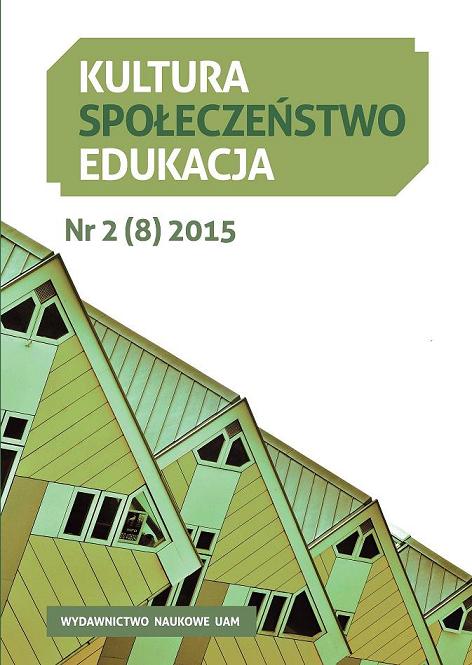Pozór malarstwa w poglądach estetycznych G.W.F. Hegla
The Appearance of Painting in Aesthetic Views of G.W.F. Hegel
Author(s): Andrzej DrohomireckiSubject(s): Cultural history, Visual Arts, History of Philosophy, Aesthetics, 18th Century
Published by: Uniwersytet Adama Mickiewicza
Keywords: aesthetics; aesthetic appearance; painting; painting apparently; a piece of art; perceptual process; a philosophical system of Georg W.F. Hegel;
Summary/Abstract: The author refers to the term “aesthetic appearance,” which was shaped in the mid-eighteenth century, mainly in German philosophy and aesthetics. He stresses that its appearance coincided, not without reason, with aesthetics becoming an autonomous philosophical discipline. That was the foundation for the subsequent understanding of aesthetics as the science about art. The author is particularly interested in the philosophical system of Georg WF Hegel, for whom learning about art plays a special role – it represents just one of the many forms of knowledge, also being the first – in terms of quality and history – form of the development of self-awareness, ie. becoming a spirit. Ambiguity of the concept of aesthetic appearance results from the inability to separate it from the category of illusion, falsehood and truth, ideas, inscribed in the structure of each work of art. The art of painting does not escape this law. According to Hegel, implacable, phenomenal structure of painting is defined by the perceptual process itself. Paintings make us enter the current presence of daily life that is similar to our everyday lives, as well as they cut all the threads of needs and inclinations, likes and loathing and they show us these items in their specific fullness of life as goals for themselves. Painting, as a uniform pictographic visualization of subject and object proximity includes an immanent game providing knowledge and a kind of a semantic core.
Journal: Kultura - Społeczeństwo - Edukacja
- Issue Year: 2015
- Issue No: 2
- Page Range: 131-140
- Page Count: 10
- Language: Polish

